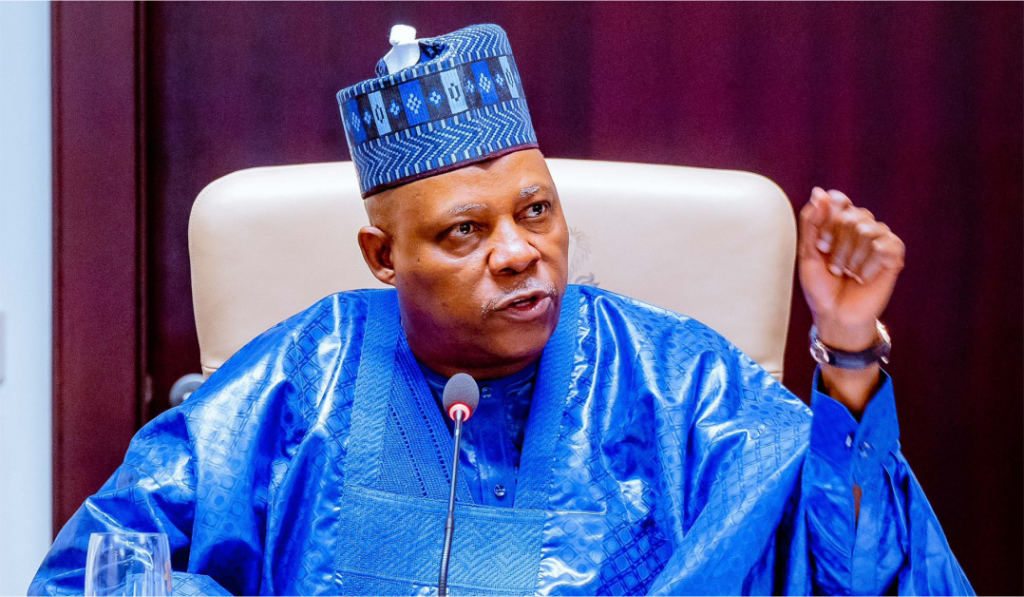
Photo: Vice President of Nigeria
Mathew Amaechi
Nigeria’s Vice President, Kashim Shettima, has emphasized the importance of addressing the power sector crisis in achieving meaningful national economic development. He stressed that without access to electricity and affordable energy, Nigeria’s economic growth will remain stagnant.
Shettima made these remarks while inaugurating the National Economic Council (NEC) Ad Hoc Committee on National Electrification and NEC Ad Hoc Committee on Polio Eradication at the Presidential Villa in Abuja on Friday. He urged leaders to put aside their differences and work together to resolve the power sector crisis, citing countries like Indonesia, India, and South Africa that have made significant strides in addressing energy insufficiency.
He said, “One common thing with these countries and others in the post-industrial revolution community is that they have largely resolved the issue of energy insufficiency.
“There is no doubt that we cannot dream of meaningful national economic development without addressing the issue in the power sector and ensuring that Nigerians have accessible, available and affordable energy,” he stated.
Regretting that an estimated 40-70 percent of Nigerians have no formal access to electricity, Shettima said he was comforted by the knowledge that the calibre and experiences of state Governors and other committee members “will change the narrative in a positive trajectory.”
The Vice President expressed concern that approximately 40-70% of Nigerians lack formal access to electricity, but remained optimistic that the newly formed committee, comprising state governors and experts, would bring about positive change. He acknowledged the challenges facing the nation’s power sector, including frequent system collapses, but believed that recent reforms would attract investments and improve the energy mix.
Shettima also inaugurated the NEC Ad Hoc Committee on Polio Eradication, emphasizing the need for collective efforts to combat the disease. He encouraged the committee to develop long-term strategies, including local vaccine production, to eradicate polio in Nigeria.
